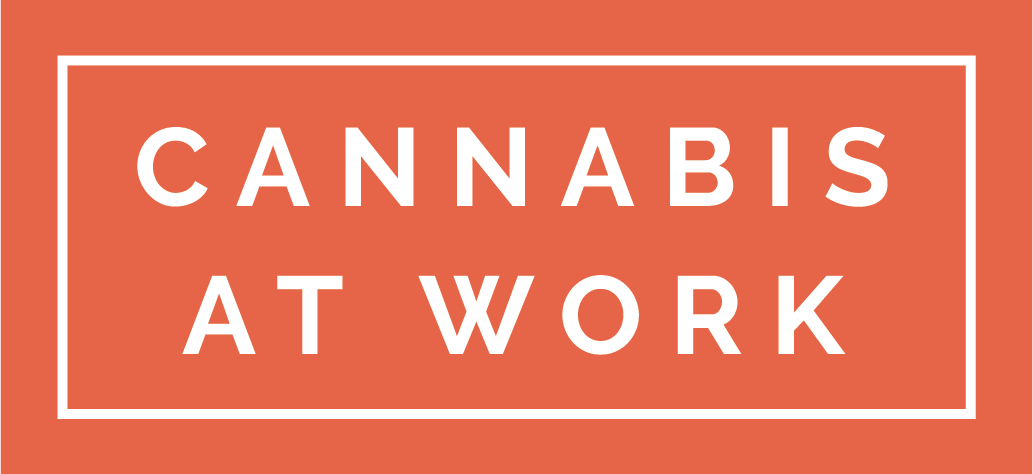Each country’s experience with cannabis legalization and normalization is unique and tied to the underlying culture of the country in question. Germany is no exception. Earlier than most other countries, Germany In clearly recognized the need to re-examine its approach to cannabis. At the same time, more recent developments have delayed the creation of a robust cannabis regime, although it seems clear that the potential is there. In this article, we will provide a high-level overview of the state of affairs in Germany as it relates to cannabis legalization.
What should be of particular interest when trying to understand the German experience is how early on, in terms of the global context, that Germany began to look at moving away from strict prohibition. As such, in 1992, the Narcotics Law was amended to allow a person in possession of “a small amount” of cannabis to avoid prosecution. While of course not full legalization, it was a relatively early recognition that criminal prosecution for possession of small amounts of cannabis is not good public policy.
It is interesting to note that “a small amount” was not defined in the Narcotics Law and it was interpreted by the Supreme Court to be 7.5g or less, but it was left to individual states within Germany to set their desired limit. Most allow for 6 grams, but Berlin, a city-state, allows up to 15 grams.
This forward-thinking perspective also resulted in Germany initially being thought of as the country in Europe that was driving the medical cannabis discussion. However, internal conflict and delays have resulted in Germany lagging behind despite the potential for success being clear in terms of increasing demand, domestic business activity and foreign investment.
Germany’s regulator for medical cannabis is the Federal Institute for Drugs and Medical Devices (abbreviated as “BfArM” abbreviated BFARM from the German Bundesinstitut für Arzneimittel und Medizinprodukte). In January 2017, medical cannabis was fully legalized by the German government. Up to that point, there had been a very restrictive regime in which only approximately 1000 patients were authorized to use medical cannabis for very severe medical conditions. At the time this legislation passed, concerns were raised by more cautious supporters that legalization should not extend to recreational use. At the same time, the German Pain Society raised concerns about the threshold to use, recognizing that cannabis is an effective pain reliever for some patients.
Unfortunately for German patients and for those with business interests in the German cannabis market, the BfArM has now been sued twice by plaintiffs over the tender process in which they had attempted to engage. These suits have led to significant delays. Most recently, in January 2019, the BfArM issued a press release confirming the following information:
79 bidders have submitted 817 bids for 13 cultivation lots.
Contracts expected to be awarded during second quarter of 2019
First harvest expected in 4th quarter of 2020
Tender includes 10,400 kg over 4 years (2600 kg per year)
Despite the tender, pharmacies will still be allowed to import cannabis directly
BfArM does not do any cultivation, nor do they take possession of cannabis at any point.
It is interesting to note that the amount of 10,400 kg was increased from 6,600 kg as a result of the increase in the number of patients during the almost 2-year delay.
The delay has also allowed for significant import opportunities which, as mentioned above, will not be legally changed once domestic cultivation is online. Further, joint ventures between licensed producers from other countries will entrench foreign investment in Germany. Germany will also have access to cannabis cultivated in other countries in the EU as their medical cannabis regimes develop. For example, there are cultivation operations in Spain and Portugal with crops ready to be exported to the German consumer. Eastern Europe and Italy are also cultivating. Greece is preparing to, and Israel has finally allowed its producers to jump into the medical game globally.
In terms of investment in Germany from foreign entities, a company that has made significant moves and is rumoured to be favoured in the tender is Wayland Group. Wayland recently signed a deal to supply German-owned importer and distributor, Cannamedical Pharma GmbH, with 9000 kg of cannabis over 3 years. Another significant announcement is the joint venture between Emblem Corp and German pharmaceutical company Acnos Pharma. The joint venture, referred to as Emblem Germany, will allow Emblem to begin exporting Emblem-branded products to Germany, with shipments expected to begin in mid-2019. Aurora and Canopy’s activity across Europe can is also noteworthy. Aurora entered the German market in 2017 by acquiring the largest distributor of medical marijuana in Europe, Pedanios GmbH, which was renamed Aurora Deutshland GmbH. Canopy’s German subsidiary, Spektrum Cannabis GmbH, has kept Aurora on its toes, as the two jockey for the leading position in Germany. At the same time, quarterly results from the end of 2018 show that for Aurora only 6% of total revenue was from international sales, with Canopy’s number being 3%. That being said, both companies speak to the large potential in international markets, with Germany being particularly attractive.
Events and conferences in the region also suggest Germany’s significance on the global stage. Most significant is the International Cannabis Business Conference, held in late March in Berlin, that is dubbed “Europe’s Biggest Cannabis Industry B2B conference”. The event attracts attendees from over 60 countries and touts the development of the German medical cannabis industry as being a leader in the European continent. For those who wish to experience “the heart of Germany”, CannaFair 2019 invites attendees to a conference in North Rhine-Westphalia, which is Germany’s largest state.
Germany will certainly continue to be one of the countries in Europe to watch as their domestic cultivation program gets underway and foreign investments/partnerships begin to meet their potential.

